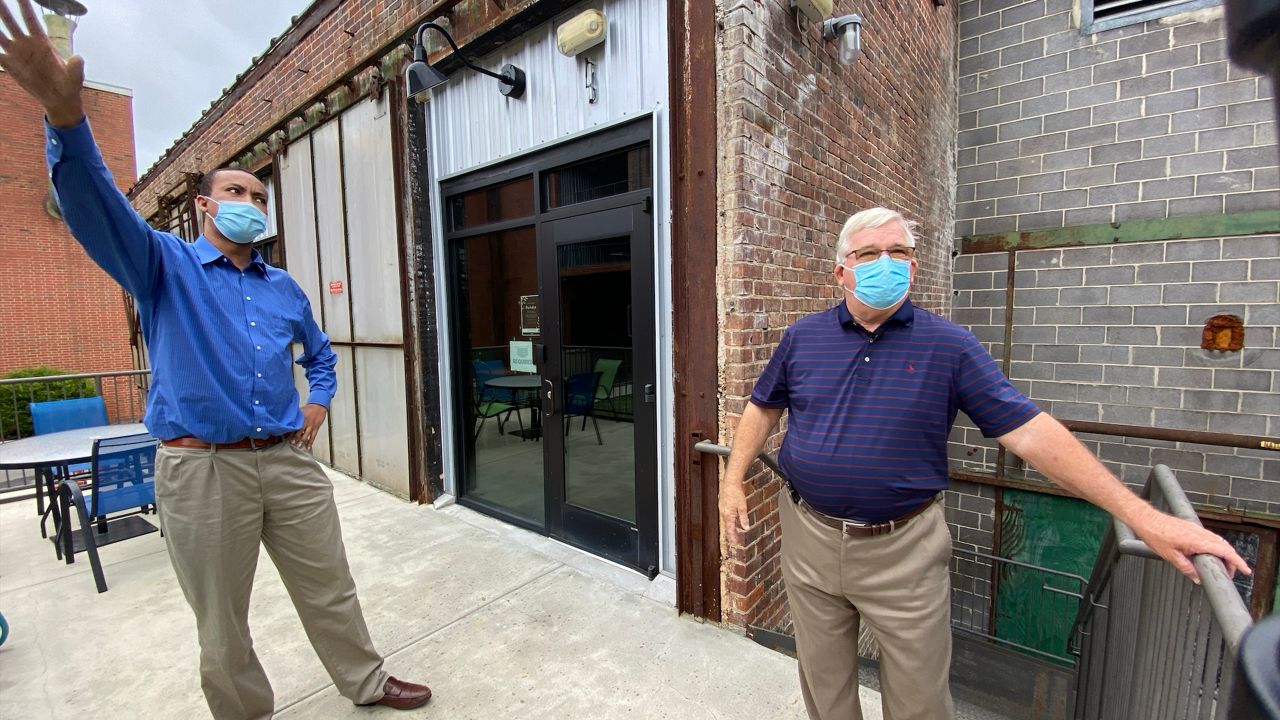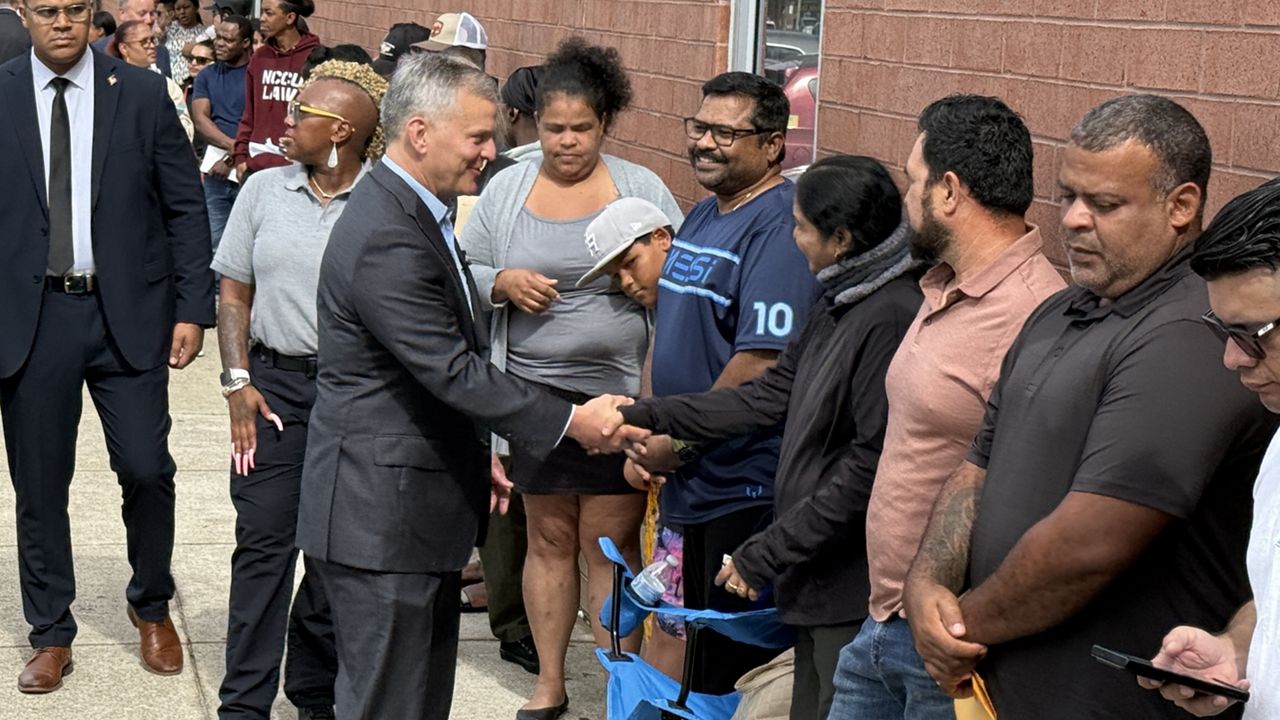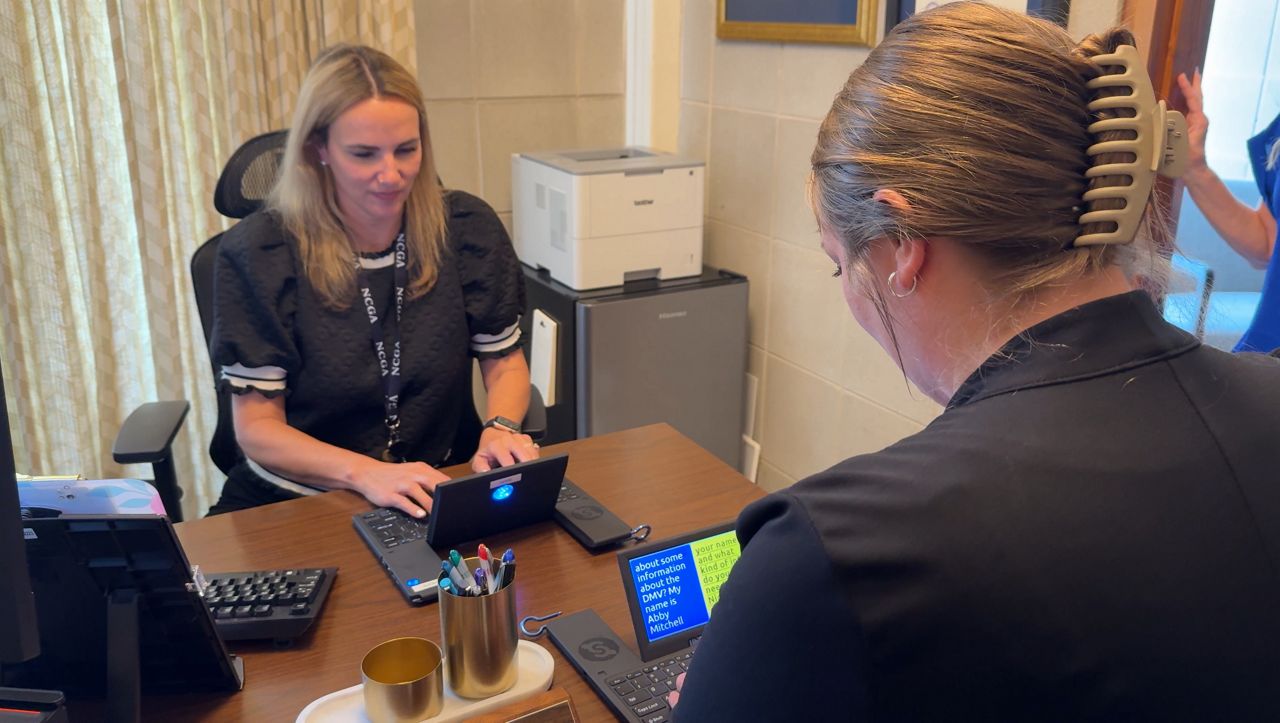MEBANE, N.C. – The mayor of this city said new legislative districts mean he'll have to build relationships with state lawmakers all over again.
Since moving to Mebane in 1979, Ed Hooks said he has watched the town falter as its textile and furniture industries dried up, then reinvent itself to take advantage of the Triangle's booming tech sector. He said the key has been Mebane's ability to present itself as an attractive option for those living and working nearby. That has meant a new interchange with Interstate 40 and redevelopment of the old furniture factories, among other things.
Hooks, who has served on the city council since 1989 and was elected mayor two years ago, has played a role in those projects, but he said those would not have been possible without the help of Alamance County's delegation in Raleigh.
“It took a lot of effort to make it happen, and it made it somewhat easier in that the legislature was behind it.”“They were quite diligent in keeping the pressure on DOT and helping answer all kinds of objections and lawsuits,” he said. “It took a lot of effort to make it happen, and it made it somewhat easier in that the legislature was behind it.”
When state lawmakers finish redrawing the state's legislative maps, many cities and counties will find themselves with a new set of state representatives and senators due to population changes.
In September, a team of political scientists and mathematicians including Western Carolina University professor Chris Cooper projected Alamance County would retain its two N.C. House seats and those districts will not cross county lines. As of Tuesday, maps working their way through the General Assembly showed Alamance County's two House districts would remain largely unchanged.
Cooper said it's common for city leaders to have to build relationships with an entirely new set of legislators after redistricting. He said a good analogy is finding a new doctor if your current one retires or moves away. Your new doctor might be quite skilled but won't have had the experience of working with your unique set of health care needs.
“A new elected official may not know the parts of town that need help, the parts of town that don't need help, the issues that are unique to that area,” he said.
For Mebane, one of those issues was what to do with the old textile mills. After state lawmakers approved a tax credit program to help redevelop those properties, Hooks and other town leaders worked with their counterparts in Raleigh to get approvals for two such projects. The result was a pair of apartment buildings that included income-restricted units: the Mebane Mill Lofts and The Lofts at White Furniture. Hooks said it took the expertise of several long-serving state lawmakers to shepherd the funding through.

Cooper said the relationship issue isn't limited to elected officials. Besides confusing voters, Cooper said redistricting also changes the dynamics among local political organizers and activists.
“If you live in county X and you're partnered with county Y, maybe you're a political party organization, the way you get involved with politics cuts across counties X and Y,” he said. “Then if county Z comes in and Y comes out, you have to create new partners in representation.”
Hooks said the best way for municipal leaders to head off any communication issues with state lawmakers is to contact them as soon as possible to start discussing their town's needs. He said although the redistricting issue is something he needs to keep an eye on, he wasn't particularly worried about the result.
“It's left out of our hands as a city,” he said. “Whatever the final map is, we'll take it and we'll work with what we've got and start working on these relationships.”
Once state lawmakers approve North Carolina's legislative maps, they automatically become law. The governor plays no role in the process.










